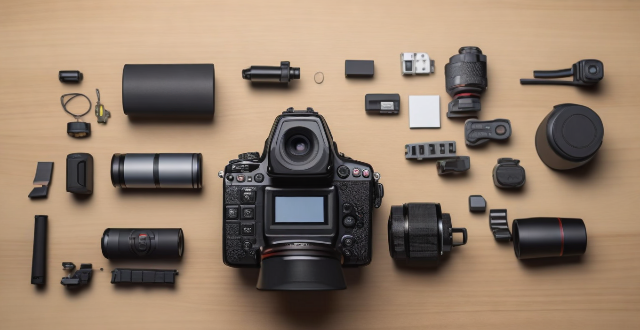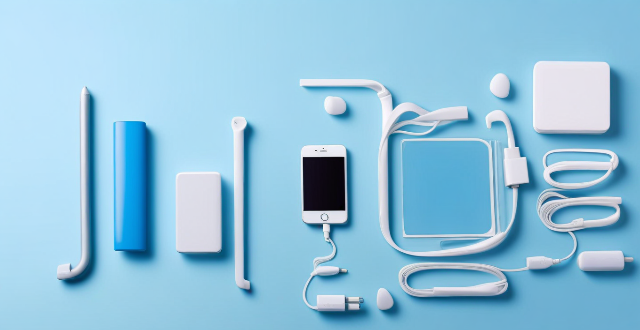Blue Light

How do I photograph food in natural light versus artificial light ?
Food photography is an art form that requires mastery of lighting techniques. Both natural and artificial light have their own advantages and challenges. Natural light offers soft, warm light but can be inconsistent due to changing weather and time of day. Artificial light provides consistent and controllable lighting but can be harsh if not diffused properly. Best practices for both types of lighting include using modifiers, experimenting with color temperatures, and diffusing the light. Understanding the strengths and weaknesses of each type of lighting will allow you to make informed decisions about how to capture your subject in the most appetizing way possible.

What are the best settings for shooting in low light conditions with an iPhone ?
This comprehensive guide provides a detailed overview of how to optimize iPhone camera settings for low-light photography, including preparation tips, specific camera settings, composition techniques, and post-processing suggestions. It emphasizes the importance of clean lens maintenance, stabilization, and the strategic use of Night mode, manual focus, exposure control, ISO adjustments, burst mode, and HDR settings. The guide also suggests looking for natural light sources, experimenting with angles, and using long exposure apps. Post-processing advice includes adjusting exposure and brightness, reducing noise, and boosting color and contrast to enhance image quality in low light conditions.

How do electronic devices impact our ability to fall asleep ?
Electronic devices, such as smartphones and laptops, have become an integral part of modern life but their use has raised concerns about their impact on sleep quality and quantity. Exposure to blue light from electronic screens before bedtime can delay the onset of sleep by suppressing the production of melatonin, a hormone responsible for regulating sleep-wake cycles. This means that using electronic devices in the hours leading up to bedtime can make it harder for us to fall asleep. In addition, engaging with stimulating content on electronic devices can lead to mental arousal, making it difficult for us to relax and fall asleep. To reduce the impact of electronic devices on sleep, consider implementing tips such as establishing a relaxing bedtime routine, limiting screen time before bed, creating a technology-free sleep environment, and engaging in mindfulness practices.
